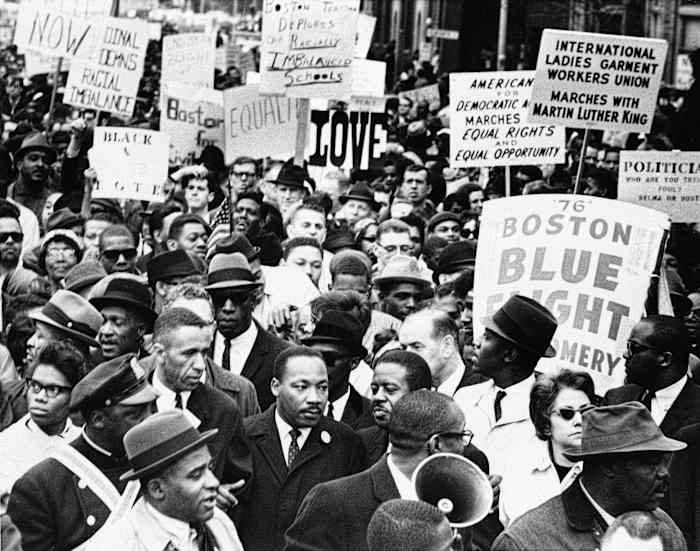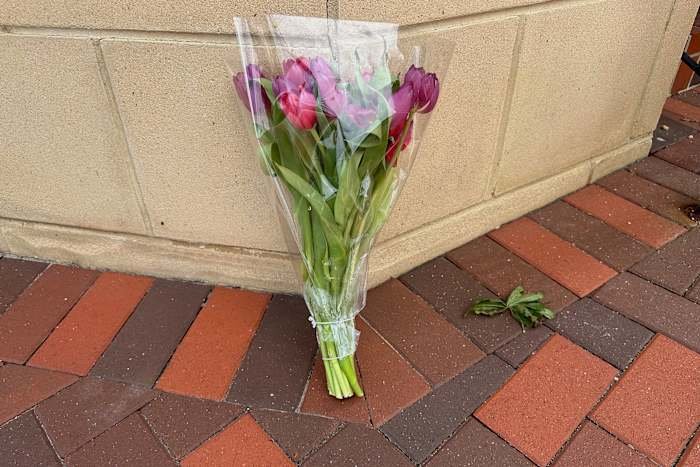Introduction
Sixty years ago, the Rev. Martin Luther King Jr. stood in Boston, rallying thousands against housing discrimination and segregated schools. This week, thousands are expected to gather at that historic site to reflect on the progress made and the challenges that remain. While the anniversary is rooted in Boston’s history, the issues Dr. King spoke about—fair housing, educational equity, and social justice—continue to impact cities across America, including right here in Orlando. As we commemorate Dr. King’s legacy, it’s crucial to consider how his fight for equality remains relevant in our own neighborhoods.
MLK’s 1965 Boston Rally: A Turning Point in Civil Rights
On April 23, 1965, Martin Luther King Jr. led more than 20,000 people in a march from Roxbury to Boston Common, demanding an end to housing segregation and educational inequality. This pivotal event expanded the civil rights movement beyond the South and highlighted the pervasive nature of discrimination in northern cities. Dr. King’s message that day was clear: true equality requires dismantling unjust systems wherever they exist.
The Boston rally underscored the fact that housing discrimination was not just a southern problem, but a national one. Dr. King’s leadership inspired legislative and grassroots efforts that would eventually lead to the Fair Housing Act of 1968. As thousands gather in Boston this week, the commemoration serves as both a celebration of progress and a call to action to address lingering inequalities.
Housing Inequality: How Does Orlando Compare?
While Boston was the focus of Dr. King’s 1965 rally, the issues he addressed are just as relevant in Orlando today. According to a recent report by the Orlando Sentinel, affordable housing is one of Central Florida’s most pressing challenges. Rising rents and home prices are pushing many families out of the market, disproportionately affecting people of color and lower-income residents.
Despite efforts by local government, many Orlando neighborhoods still experience economic segregation, and access to quality schools and amenities varies widely. The legacy of housing discrimination lingers, with some communities facing barriers to homeownership and long-term stability. Dr. King’s vision of fair and integrated communities remains unfinished business in the City Beautiful.
The Link Between Housing and Education in Orlando
Dr. King understood that housing and education are inseparable when it comes to achieving equality. In Orlando, school zoning often mirrors patterns of residential segregation, impacting educational opportunities for thousands of students. According to data from Orange County Public Schools, academic performance tends to be higher in neighborhoods with affordable, stable housing—a pattern that echoes the concerns Dr. King raised six decades ago.
Efforts to address these disparities are underway, with local organizations advocating for more inclusive zoning policies and increased investment in affordable housing near high-performing schools. However, the work is far from complete. The lessons from Boston’s rally remind us that the struggle for educational equity starts at home, in the communities where Orlando’s children live and grow.
Community Action: How Orlando is Responding Today
Inspired by Dr. King’s legacy, Orlando has seen a rise in grassroots and governmental initiatives aimed at promoting fair housing and educational opportunity. Programs like the City of Orlando’s Housing and Community Development Department work to increase affordable housing options and support first-time homebuyers. Local nonprofits, such as the Habitat for Humanity Greater Orlando & Osceola County, are building homes and hope for families in need.
Public dialogues and community forums are also helping to shine a light on ongoing disparities and generate solutions from the ground up. By coming together—just as marchers did in Boston in 1965—Orlando residents are reaffirming their commitment to Dr. King’s dream of justice and equality for all.
Conclusion
As thousands gather in Boston to honor Dr. Martin Luther King Jr.’s stand against housing discrimination, we in Orlando must reflect on our own progress and challenges. The fight for fair housing and quality education is not over, and Dr. King’s message remains a powerful guide for our city. What does his legacy mean to you? How do you see housing and education shaping your community? Share your thoughts and experiences in the comments below—let’s keep the conversation going!
















